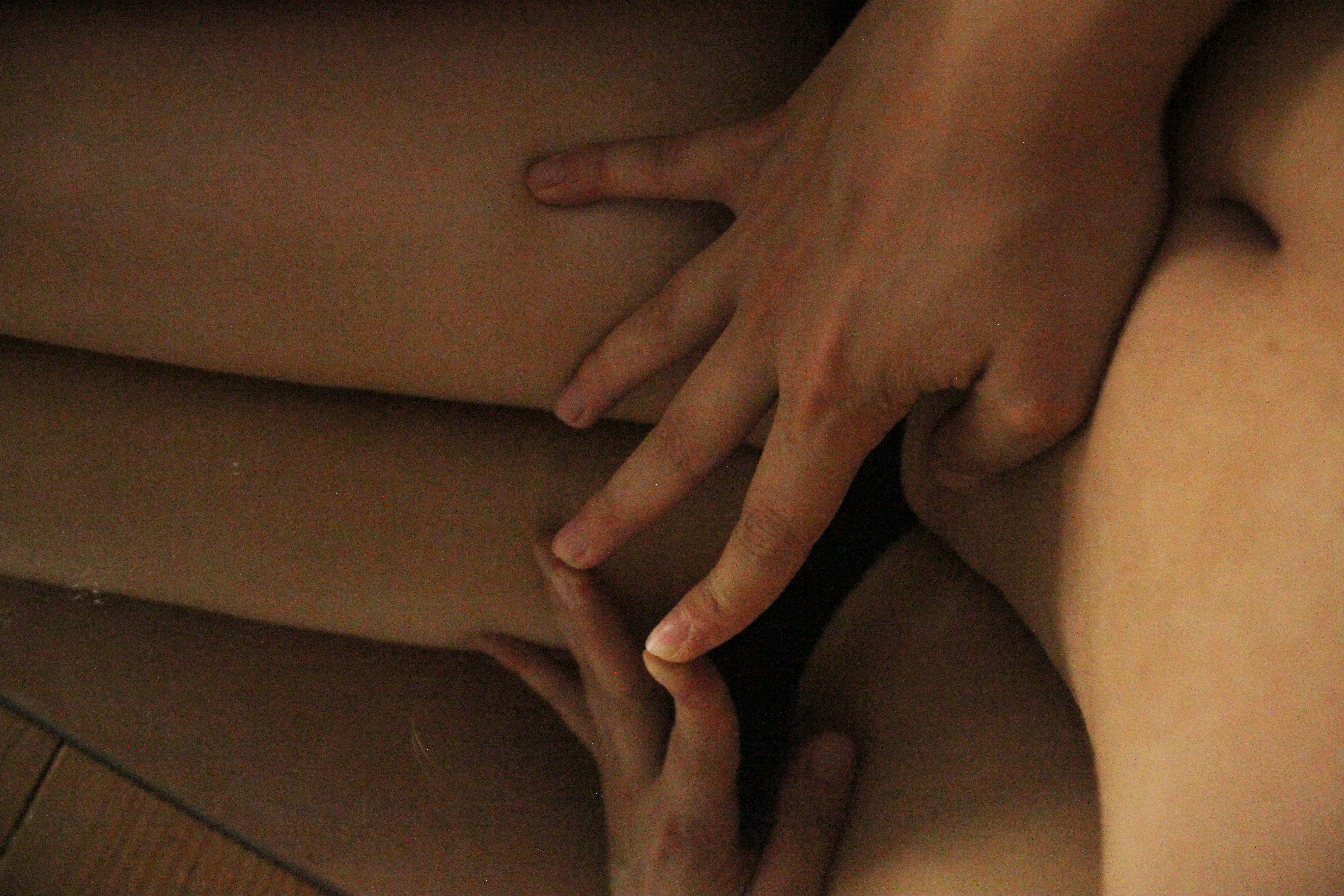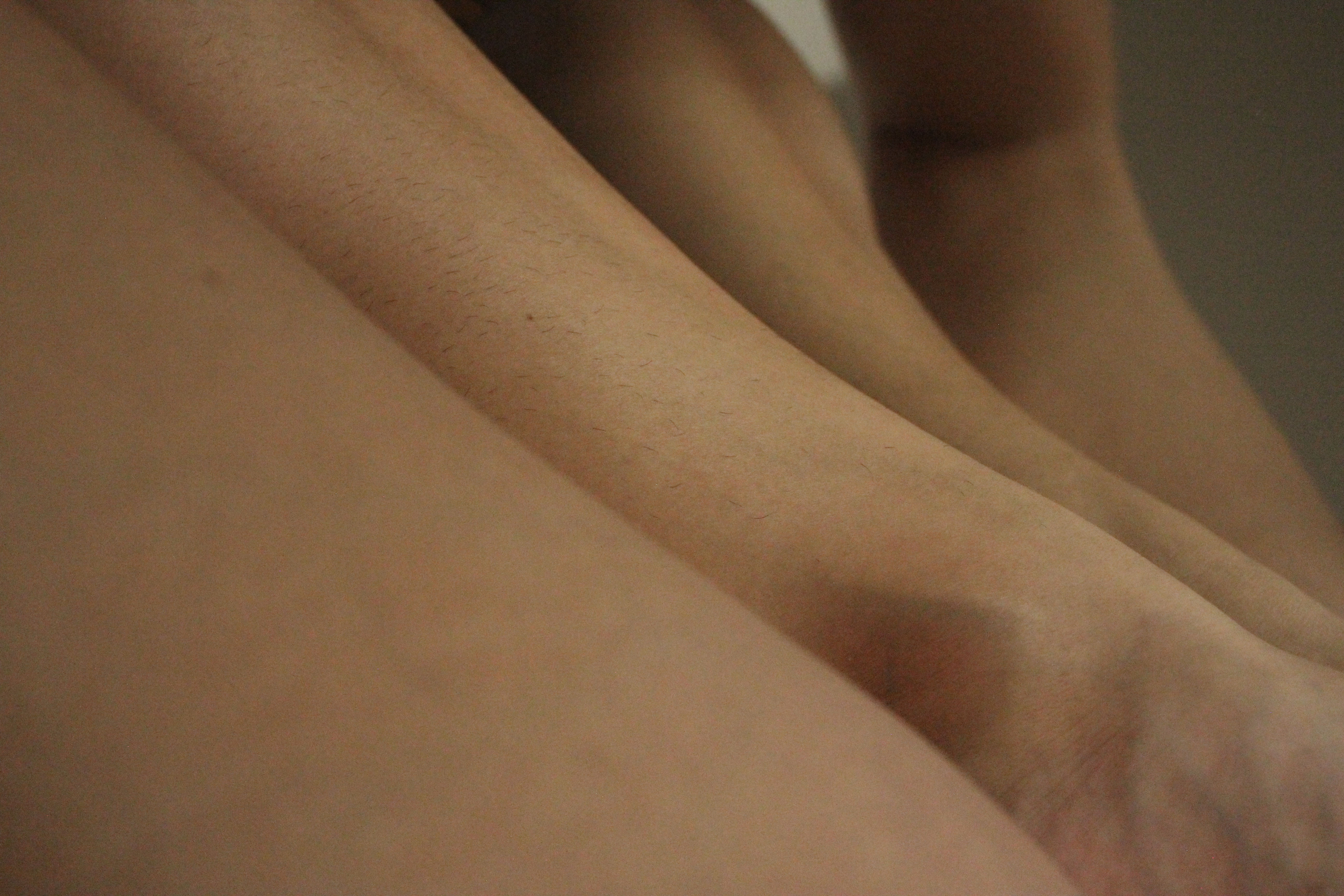warum ich denke, dass Bodypositivity problematisch ist // why I think body positivity is problematic
Ich behaupte von mir selbst, body positive zu sein. Sonst würde mein Blog vermutlich anders heißen, oder sogar gar nicht existieren. Trotzdem sehe ich ein paar Dinge, die problematisch daran sind, dass (hauptsächlich) Frauen vermehrt ermutigt werden ihre Körper zu lieben und sich schön zu fühlen.
Zunächst einmal: warum wird die Body Positivity Bewegung so weitläufig nur für Frauen beworben? Sollten wir nicht alle versuchen unsere Körper anzuerkennen, egal welchem Geschlecht wir angehören? Ich habe das Gefühl, dass Body Positivity kaum auch die anderen Geschlechter anspricht. Körperlich eingeschränkte, trans oder nicht binäre Personen haben vermutlich mehr mit ihrem Körper zu kämpfen, als manch anderer. Und, ohoh – sogar Männer verdienen hier genannt zu werden. Da habt ihr’s.
Zunächst einmal: warum wird die Body Positivity Bewegung so weitläufig nur für Frauen beworben? Sollten wir nicht alle versuchen unsere Körper anzuerkennen, egal welchem Geschlecht wir angehören? Ich habe das Gefühl, dass Body Positivity kaum auch die anderen Geschlechter anspricht. Körperlich eingeschränkte, trans oder nicht binäre Personen haben vermutlich mehr mit ihrem Körper zu kämpfen, als manch anderer. Und, ohoh – sogar Männer verdienen hier genannt zu werden. Da habt ihr’s.
I’d say I am body positive. Otherwise this blog obviously wouldn’t have the name it has. It might not even exist. The thing is, despite how great it is, that (mainly) women are encouraged to love their body and feel beautiful, there are a few things I consider problematic.
Firstly, why is it, that the body positivity movement is only so greatly advertised for women? Shouldn’t we all try to own our bodies, no matter our body parts or gender identification? I feel like body positivity rarely includes other genders and I think they need to be addressed more. Disabled, trans and non-binary people might struggle with their bodies more than anyone else. And, ohoh – even men deserve to be part of this. There I said it.
Firstly, why is it, that the body positivity movement is only so greatly advertised for women? Shouldn’t we all try to own our bodies, no matter our body parts or gender identification? I feel like body positivity rarely includes other genders and I think they need to be addressed more. Disabled, trans and non-binary people might struggle with their bodies more than anyone else. And, ohoh – even men deserve to be part of this. There I said it.

Ja ich weiß, die Schönheitsideale der Frau sind tief in unserer Gesellschaft verwurzelt und der weibliche Körper erfährt seit Ewigkeiten zu viel Sexualisierung und Scham. Aber sein wir doch mal ehrlich, es ist nicht so, dass die Männer, die man in den Medien sieht, weniger in Schubladen und gewisse Standards zu passen haben. Von Menschen die trans, inter oder nicht binär sind oder Menschen mit körperlicher Behinderung brauchen wir gar nicht erst anzufangen – all diese bekommen viel zu wenig Aufmerksamkeit und positive Darstellung!
Es muss einfach aufhören, dass wir Körper im allgemeinen mit Stigmata beladen. Jeder von uns hat nun mal einen Körper mit dem wir unser ganzes Leben umgehen müssen und es sollte doch im allgemeinen Interesse sein, dass sich jeder mit dem Gegebenen am wohlsten wie möglich fühlen kann.
Es muss einfach aufhören, dass wir Körper im allgemeinen mit Stigmata beladen. Jeder von uns hat nun mal einen Körper mit dem wir unser ganzes Leben umgehen müssen und es sollte doch im allgemeinen Interesse sein, dass sich jeder mit dem Gegebenen am wohlsten wie möglich fühlen kann.
Yes, I know, the beauty standards for women are very deeply rooted in society and women’s bodies have been sexualized and shamed for a long ass time; but let’s be honest here – the men we see in the media also have to fit into a certain box.
Don’t even get me started when it comes to trans, intersex, non-binary or disabled people – their bodies don’t get enough representation and positive display in our society!
We just need to stop shaming bodies in general, because everyone has one they have to deal with their whole life and we should all try to make ourselves and others as comfortable with that as possible.
Don’t even get me started when it comes to trans, intersex, non-binary or disabled people – their bodies don’t get enough representation and positive display in our society!
We just need to stop shaming bodies in general, because everyone has one they have to deal with their whole life and we should all try to make ourselves and others as comfortable with that as possible.

Eine weitere Meinung die ich vertrete ist folgendes: Um body positive zu sein, muss niemand seinen Körper lieben. Ich finde es schön zu sehen, wie wir Menschen Komplimente machen, sagen, dass sie wunderschön und perfekt sind, aber manchmal stimmt das einfach nicht und das muss es auch nicht. Ich erkenne die positive Einstellung und die Ermutigungen an, die Menschen von sich geben, wenn jemand sagst „ich mag XY an meinem Körper/an mir selbst nicht“ und ich weiß, dass es gut gemeint ist der Person dann zu widersprechen. Aber manchmal sehe ich die Gefahr, dass die Aussage dadurch untergraben wird.
Body positive zu sein bedeutet für mich nicht, dass ich jeden noch so kleinen Teil meines Körpers lieben muss. Es bedeutet, dass ich die „Fehler“ sehe und entweder versuchen kann, sie zu akzeptieren, oder an ihnen zu arbeiten. Vielleicht gibt es Dinge, die sich nicht ändern lassen und diese nicht zu mögen ist völlig okay und normal. Bei Body Positivity geht es meiner Meinung darum, seine eigenen Entscheidungen über die Erscheinung und das Gefühl für den eigenen Körper zu treffen und nicht darum, was andere Menschen erwarten oder wie sie deinen Körper sehen.
Und wenn Du schon dabei bist, sei nicht gemein zu anderen Menschen und ihren Körpern. Ja, sehr gut, danke.
//K.
Body positive zu sein bedeutet für mich nicht, dass ich jeden noch so kleinen Teil meines Körpers lieben muss. Es bedeutet, dass ich die „Fehler“ sehe und entweder versuchen kann, sie zu akzeptieren, oder an ihnen zu arbeiten. Vielleicht gibt es Dinge, die sich nicht ändern lassen und diese nicht zu mögen ist völlig okay und normal. Bei Body Positivity geht es meiner Meinung darum, seine eigenen Entscheidungen über die Erscheinung und das Gefühl für den eigenen Körper zu treffen und nicht darum, was andere Menschen erwarten oder wie sie deinen Körper sehen.
Und wenn Du schon dabei bist, sei nicht gemein zu anderen Menschen und ihren Körpern. Ja, sehr gut, danke.
//K.
Secondly, and please sit down for this one, here it comes: you don’t have to love your body, even if you are body positive. I am totally here for people telling other people how beautiful they are and that everything about them is perfect, but sometimes that just isn’t true and it does not have to be. I see all the positivity and encouragement whenever someone says „I don’t love XY about my body/myself“ and I know it’s well-intended to disagree with them but I sometimes feel there is a danger to undermine the person’s statement.
Being body positive to me doesn’t mean loving every inch of my body. It means, seeing the “flaws“, trying to accept them and if that isn’t possible, trying to work on them. There might be things that can not be changed and not liking those is totally okay and very normal. For me, body positivity is about being able to make decisions about your own body and how you want it to look and feel and not about what other people want it to be or how they view your body.
And while you’re at it, try not to be mean about other people and their bodies. Yes, okay, thank you.
//K.
Being body positive to me doesn’t mean loving every inch of my body. It means, seeing the “flaws“, trying to accept them and if that isn’t possible, trying to work on them. There might be things that can not be changed and not liking those is totally okay and very normal. For me, body positivity is about being able to make decisions about your own body and how you want it to look and feel and not about what other people want it to be or how they view your body.
And while you’re at it, try not to be mean about other people and their bodies. Yes, okay, thank you.
//K.


I think your text and struggles you have with the term or the interpretation of the the body positivity movement shows exactly the misconception we are thought about this political movement, tht has been being appropriated my people on social media. You are completely right in observing that you can be body positive, while really not liking your body. That’s because of one simple reason and wide misconception: body positivity =/= body love or self love
Body Positivity is a political movement that is inherently about normalizing marginalized bodies and working on more visibility as well as improve representation. So I totally understand where your confusion comes from. Instagram or also other media have Co-opted the term body positivity (meant to empower marginalized bodies – such as you already named a few: Black bodies, POC, disabled bodies, fat bodies, trans bodies, aging bodies) and has yet again made white, thin, (normatively beautiful), ablebodied people the face of space that was intended to empower marginalized bodies. For so many years I’ve felt really hypocritical about me being able to see how every other body was perfect or good to me, but my own – until I realized and learned that body positivity is something completely different from self love or self acceptance.
So, I think your thoughts make a lot of sense and resonate with a lot of young women, who have been given the wrong idea of what it means to be bodypositive. Because selflove and self acceptance are soo very important and incredibly hard to reach and work on, and it becomes even harder when he are given the wrong idea of what that entails.
So, thank you ❤️